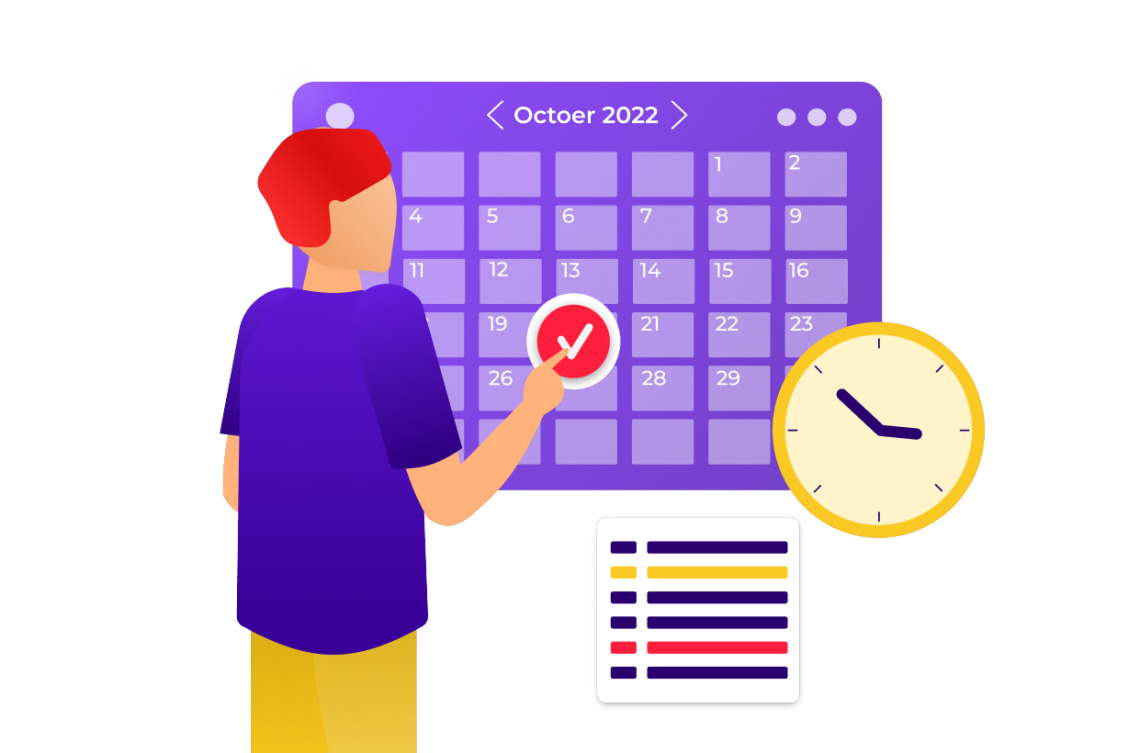Introduction
Each year, as the leaves change color and temperatures drop, pharmacies across the country experience a noticeable spike in demand for over-the-counter (OTC) cold and flu medications. From decongestants and cough suppressants to pain relievers and throat lozenges, these products become household staples. However, this seasonal uptick often comes with a less welcome trend: rising prices. Known as seasonal surge pricing, this phenomenon raises important ethical and economic questions. Is it fair for companies to increase prices when people are most in need? Or is it simply the result of supply and demand at work? This article explores the factors driving seasonal price increases in OTC medications, the legal boundaries, ethical concerns, and strategies consumers can use to protect themselves.
Seasonal Demand Patterns and Price Fluctuations
Cold and flu season typically peaks between late fall and early spring, with the heaviest demand from November through February. During this time:
- OTC medications for symptoms like congestion, cough, and sore throat are purchased in much higher quantities.
- Retailers often respond by raising prices to reflect increased demand, especially in stores located in high-traffic or illness-prone regions.
- Online prices may spike due to algorithmic pricing systems that automatically increase costs when search and purchase volumes go up.
This pattern mirrors supply-and-demand economics, but the fact that the demand is health-related—and often urgent—makes the situation ethically complex. It transforms the marketplace into one where pricing decisions can affect public health outcomes.
Legal vs. Unethical Pricing Practices
From a legal standpoint, most OTC medication price increases during cold season are not considered illegal. The U.S. does not typically regulate prices for non-prescription drugs unless the situation falls under price gouging laws, which are usually only triggered during declared emergencies or disasters.
However, ethically, questions arise when:
- Retailers intentionally inflate prices on essential products during times of high illness.
- Pharmaceutical companies limit generic production during peak seasons to drive up branded sales.
- Price increases disproportionately affect low-income consumers who may be unable to afford needed treatment.
Unlike life-saving prescription drugs, the bar for regulation is lower for OTC products, even though access to cold and flu relief can significantly impact comfort, productivity, and secondary health complications.
Regulatory Oversight and Consumer Protection
Government bodies such as the Federal Trade Commission (FTC) and state attorney generals monitor for price gouging during emergencies, but oversight of seasonal OTC pricing is limited. Few rules are preventing:
- Pharmacies should avoid stockpiling inventory and releasing it at higher prices.
- Manufacturers bundle products or offer “premium” formulations at inflated costs.
Consumer protection groups have called for greater transparency, such as requiring retailers to post price histories or provide advance notice of price increases. However, implementation is inconsistent across the country.
Supply Chain Factors Contributing to Shortages
Aside from profit-driven pricing, supply chain challenges also contribute to seasonal OTC price increases:
- Raw material shortages (e.g., ingredients for acetaminophen or pseudoephedrine) can slow production.
- Increased shipping costs, labor shortages, and global disruptions (like flu seasons in other countries) can limit supply.
- Panic buying and bulk purchasing by consumers or third-party sellers can create artificial shortages, leading to inflated prices on resale platforms.
These factors mean that not all price increases are manipulative—some reflect real-world limitations in the supply and distribution pipeline.
Consumer Strategies for Managing Seasonal Price Increases
Consumers can take several steps to mitigate the financial impact of cold-season surge pricing:
- Stock up in advance: Buy cold and flu essentials during off-season months when prices are lower.
- Compare prices: Use online tools and pharmacy apps to compare costs across stores.
- Choose generics: Generic versions often provide the same active ingredients at a fraction of the price.
- Buy in bulk responsibly: Multi-pack purchases from wholesale clubs can reduce per-unit costs.
- Watch for coupons and promotions: Manufacturers and retailers often offer seasonal discounts if you know where to look.
- Report suspicious price spikes: If you suspect price gouging, especially during a declared public health emergency, report it to local consumer protection agencies.
Conclusion
The rise of seasonal surge pricing in over-the-counter cold and flu medications sits at the intersection of economics, ethics, and public health. While market dynamics explain many of the price fluctuations, the ethical implications of raising costs on essential health products during peak illness periods cannot be ignored. Striking a balance between free market practices and consumer protection is crucial, especially for vulnerable populations. As consumers become more aware and proactive, and as regulators catch up with evolving practices, the path forward lies in informed purchasing, transparency, and equity in access to essential OTC medications during cold and flu season.
FAQs:
Is it legal for stores to raise OTC medication prices during high-demand periods?
Yes, it’s generally legal unless the price hike qualifies as price gouging during a declared emergency.
What can I do if I suspect price gouging on essential medications?
Report it to your state attorney general’s office, the Federal Trade Commission (FTC), or local consumer protection agencies.
How can I prepare for seasonal medication shortages and price increases?
Buy essential OTC meds before peak season, use generic alternatives, and compare prices across retailers.
Which agencies investigate and prosecute medication price gouging?
State attorneys general, the FTC, and occasionally the FDA (if safety is compromised).
Are there programs to help people afford OTC medications during shortages?
Yes. Some community health centers, nonprofits, and pharmacy discount programs offer low-cost or free OTC medications.






